MARCH 4, 1971: Radio, TV join struggle for freedom
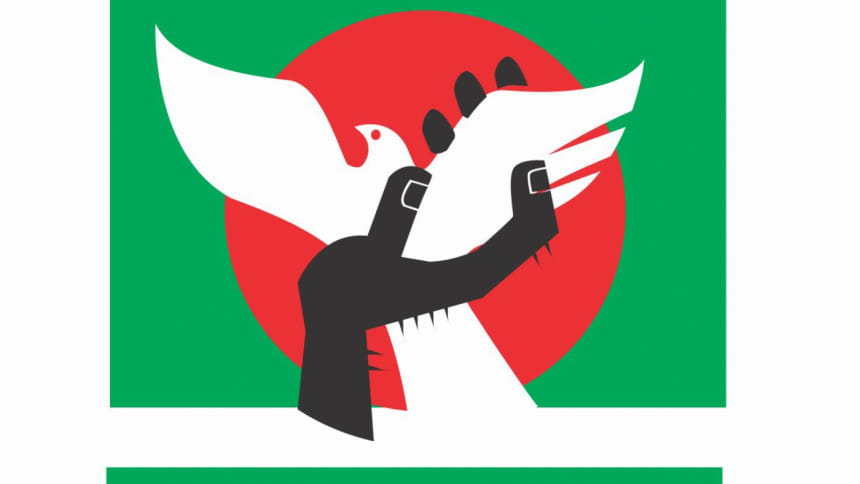
As the non-cooperation movement launched by Bangabandhu Sheikh Mujibur Rahman was on full-swing, the state-run Radio Pakistan in Dhaka started broadcasting as Dhaka Betar Kendra on March 4, 1971.
The state-run Pakistan Television was also renamed as Dhaka Television while both radio and television artistes, expressing solidarity, announced that as long as the countrymen and students continue to struggle for freedom they will not perform in any programme for Pakistan.
The radio station played patriotic tunes of Rabindranath Tagore and Kazi Nazrul Islam.
During the ongoing countrywide hartal, six people embraced martyrdom in Khulna in the face of army attack. In Chattogram (then Chittagong), the death toll rose to 121 in two days.
Bangabandhu Sheikh Mujibur Rahman, in a speech, greeted and congratulated the countrymen for responding to his call with demonstrating courage and standing up against repression and misrule.
“We need to stand up against this ploy…
“Without immense sacrifice, no country has ever achieved independence,” Bangabandhu said.
Again calling for hartals on March 5 and March 6, from 6:00am to 2:00pm, Bangabandhu asked those state-run and private offices which were yet to pay salaries to remain open from 2:30pm to 4:00pm so that employees could collect salaries.
Dhaka University Teachers Association and 55 teachers of the university in separate statements condemned the anti-people role of the then Pakistan Observer newspaper.
That same day, amid military attack on Bangalees and Gen Yahya Khan's refusal to visit East Pakistan, Sahibzada Yaqub Khan resigned from his posts as governor of East Pakistan and martial law administrator.
Gen Tikka Khan was to then take over as the governor of East Pakistan.
In another development, Air Marshal (retd) Asghar Khan in Karachi urged that power be immediately handed over to Sheikh Mujibur Rahman and his party Awami League for achieving majority and in order to save Pakistan.
The junta in Rawalpindi appeared to root about for an answer to the problem, but did not exactly know how to go about doing it. As days passed, the crisis kept deepening further.
According to US Embassy's communication, at least one Pakistani air force C-130 had been seen flying into Dhaka and there were recurrent reports that forces were being flown into Dhaka via Pakistani commercial airline and of the movement of troops from the West via ship.
“It is known that there is pressure from some elements in the military to make a quick repressive strike against the East Pakistan leaders in hopes of cowing them and the rest of the province.”
[Sources: Liberation War Museum, Bangladesh Genocide Archive]

 For all latest news, follow The Daily Star's Google News channel.
For all latest news, follow The Daily Star's Google News channel. 

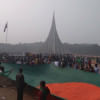
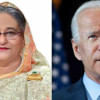
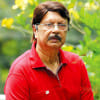
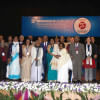
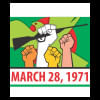


Comments